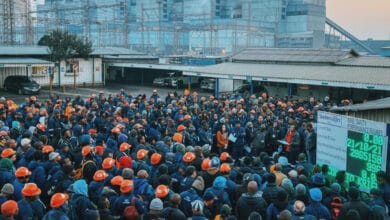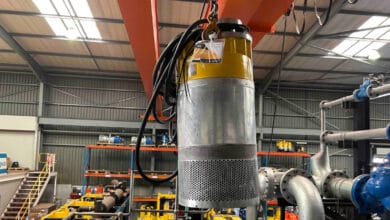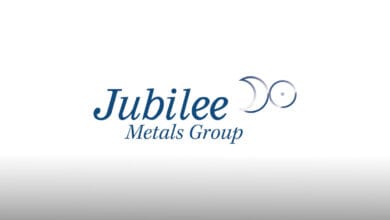- ◈ Alessandra Pardini, Partner - Bowmans
- ◈ Bavesh Pillay, Partner - Bowmans
- ◈ Julia Choate, Partner - Bowmans
- ◈ Wandisile Mandlana, Partner - Bowmans
When budgeting for solar, wind and battery projects, renewable energy developers in South Africa should incorporate costs for various regulatory obligations, including those arising from the Extended Producer Responsibility (EPR) Regulations and import duties.
The EPR Regulations, which were introduced under the National Environmental Management: Waste Act, 2008, are increasingly being enforced by authorities that impose specific obligations on producers and importers of renewable energy components.
The relevant obligations include: (i) registration with authorities; (ii) establishing and implementing an EPR scheme or joining an extended producer responsibility organisation (PRO); (iii) mandatory take back obligations; (iv) environmental labelling and declarations; and (v) life cycle assessments.
The obligations apply to producers both individually and collectively. EPR Regulations widely define “producer” to include manufacturers, distributors brand owners and importers of products that are subject to EPR obligations.
While the EPR obligations apply to producers (as defined), the producers would pass down the cost of obligations to different role players in a renewable energy project value chain. It is for this reason that the operators and developers have to integrate the EPR obligations and related costs into their contractual and operational frameworks.
The Regulations apply to specific product categories, such as electrical and electronic equipment, lighting and packaging, with solar panels, batteries and wind turbine components potentially falling under the electrical and electronic equipment category.
Producers or importers of solar, wind and battery components that are subject to EPR may seek to discharge their EPR obligations through a PRO. However, the relationship between the PRO and the producer would be contractual, and if the contractual counterparty (PRO) defaults, the producer’s statutory responsibility would remain. It is for this reason that the selection of a PRO should be preceded by appropriate due diligence and the other environmental obligations in the value chain (eg waste management) allocated to the party who can best discharge the relevant obligations.
This may have important implications that need to be factored into construction or supply contracts involving these technologies and to clarify how these end-of-life requirements and the related risks and costs are allocated between the parties to ensure compliance and avoid disputes.
In addition to EPR compliance, project developers must also consider import duties and VAT on renewable energy equipment. These duties vary depending on product classification and fluctuating tariffs and can significantly impact project costs.
Import duties and the impact of tariff changes
Import duties on solar panels and related equipment vary depending on the specific tariff classification under the Harmonised System tariff codes, which importers are required to use to determine the amount of import duty payable to the South African Revenue Service (SARS) Customs, for clearance of the goods into South Africa. Obtaining a binding tariff classification from SARS is one way of enhancing certainty on tariff costs, but importers should keep abreast of regulatory and policy changes such as tariff reviews.
Some components may benefit from reduced or zero tariff rates or rebates of customs duty if classified as renewable energy equipment, but this is subject to change and should be verified with SARS. Imported goods are generally also subject to VAT at the rate of 15%, which is applied to the Added Tax Value (ATV) of goods sourced from outside the common customs area.
Import duties on batteries depend on the type (eg, lithium-ion and lead-acid) and their intended use. Rechargeable batteries for renewable energy installations may attract lower tariffs, but hazardous waste regulations and EPR obligations still apply.
Import tariffs for wind turbine parts and components are generally low, as South Africa encourages renewable energy development. However, the current review initiated by the International Trade Commission of South Africa (ITAC) into 82 tariff codes for the renewable energy sector may result in considerably increased tariffs and a reduction in rebates and other forms of relief.
This review may again have implications for contracts being concluded for the construction of renewable energy facilities and offtake agreements, in that any additional costs resulting from an increase in tariffs coming into effect may need to be subject to a contract price adjustment mechanism unless an exemption is obtained.
While this may qualify as a change in law, contracts often have exclusions to change in law relief where legislation was in draft form before the signature date and comes into effect in that form after the signature date, meaning that relief for the impact on costs could fall outside of the relief regime.
Final note
While the Regulations were introduced to rehabilitate waste, regulatory gaps still exist, particularly regarding protections for market participants and guidance for compliance.
In the interim, businesses operating in this sector would be well advised to properly manage the life cycle of their projects. This includes having auditable processes in place to prove that they have taken the Regulations into consideration in their operations.









